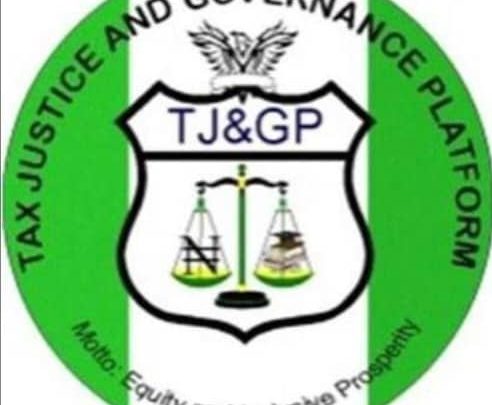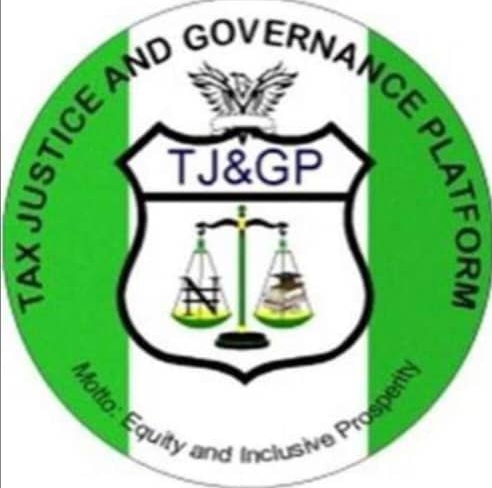
Cross River’s Tax Crisis
Participants at a workshop organised by Tax Justice and Governance Platform in Ikom, Cross River State have criticised the state government’s tax policy and demanded immediate action to reverse the trend.
The workshop, which drew participants from civil society, the media, labour unions, budget and finance management experts, focused on Public Finance Analysis, Budget, and Tax Laws.
The programme was organised in collaboration with Green Concern for Development (GREENCODE) and Civil Society Legislative Advocacy Centre (CISLAC) with support from OXFAM Nigeria.
Speaking at the event, the Chairman of Tax Justice and Governance Platform, Williams Itorok said that the taxation ecosystem in Cross River is plagued by unjust taxation, multiple taxation, and harassment of taxpayers.
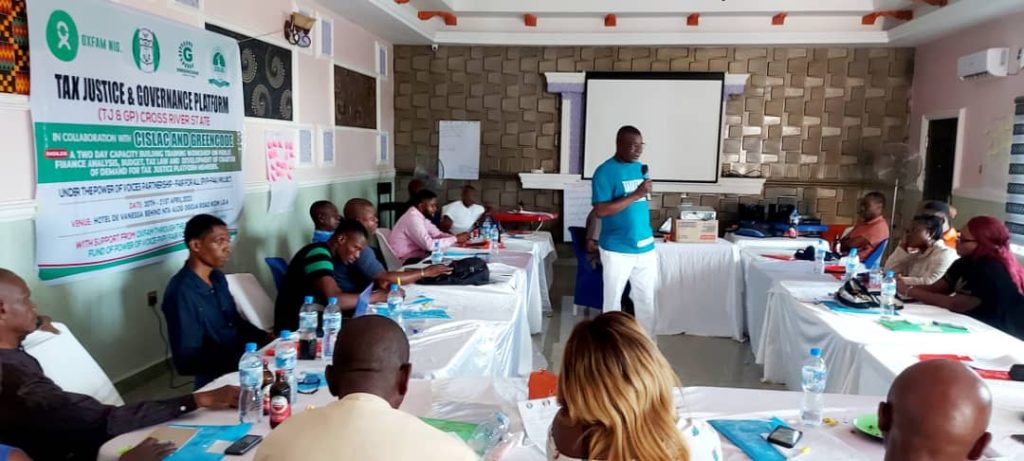
Chairman, Tax Justice and Governance Platform, William Itorok
“The taxation environment in Cross River State is not business and citizen-friendly. There exists a problem of multiple taxation and a high tendency for unjust taxation. Apart from taxes there are multiplication of levies, charges, tolls and fees,” M r. Itorok said.
“Most times the state government collects levies that are meant for the local government and the local government still comes to get the same levy from the people. The consequence of this is that the small profit a business makes is expended on charges, levies and fees.
“Since people are in business to make profit, it is impossible to keep up with the business and other financial responsibilities”
Mr. Itorok also faulted the mode of tax collection, saying, “The harassment in the collection of these taxes especially from market women is very traumatic. They are beaten, abused, have their shops locked or goods confiscated by touts who are used as revenue collectors.

Executive Secretary of the Calabar Chamber of Commerce, Industry, Mines and Agriculture Limited, Kenneth Assim-Ita
Kenneth Assim-Ita, Executive Secretary of the Calabar Chamber of Commerce, Industry, Mines, and Agriculture Limited, said the state’s tax environment is difficult for small businesses.
“Businesses of this category are the worst hit because their scale of operation is small and when juxtaposed with the volume of taxes, levies, fees and tolls that they have to pay. You will discover that it amounts to a large proportion of their operating cost and it is difficult for them to remain profitable,” he said.
He argued that many factors including lack of political will, ignorance of the citizens, greed and the use of revenue points as political settlement to loyalists by politicians are responsible for multiple taxation in the state.
Continuing, he said, “On the surface Cross Rivers State has a plethora of good tax laws and policies but the biggest challenge is the political will to transparently and effectively implement those laws and regulations.”
Rating Governor Ayade’s Tax Exemption Law

Governor Ben Ayade crying over multiple taxation of the poor link: https://youtu.be/RcRCL-2Eje8
In August 2015, Governor Ben Ayade said that his government will not tax petty traders and low income earners.
In 2017 his administration initiated an executive bill abolishing all forms of taxation for low income earners and this was followed by the establishment of the Cross River State Anti-Tax Agency in May 2020.
However, in response to the governor’s tax proclamation, Mr. Assim-Ita stated that while it is within Mr. Ayade’s right to exempt certain categories of people from paying taxes, he believes that the proper regulation and criteria for qualification for exemption should have been clearly stated.
“If you take his Excellency’s proclamation and the resultant law on exemption of taxes you will find out what is at play today is not in tandem with the provisions of the law.
“In section 2 of the law exempting certain categories of people from paying taxes, the law states that the Cross River State Government will assume the responsibility of those exempted tax payers. The question you will ask is if the government has remitted the same to the tax authorities.
“We also have a situation where despite the law, the tax authorities still go ahead to demand taxes from these categories of businesses,” he said, adding that what happens in the state is a far cry from global best practices.
Tax for Service and Taxation for Representation
Speaking on Budget and Taxation, Mr. Kingsley Eworo of Budget Accountability and Transparency Network (BTAN) insisted that “Taxes are not just a burden, but a social contract between government and citizens, and that citizens have a right to demand certain services in exchange for the taxes they pay.”
Mr. Eworo said the idea behind taxation by representation is that citizens should only be taxed by the government if they have a say in how that government operates.
“Taxation for representation is a human right issue and citizens should only be taxed by a government that represents their interest and has their consent,” he said.
Relationship between Budget and Taxation
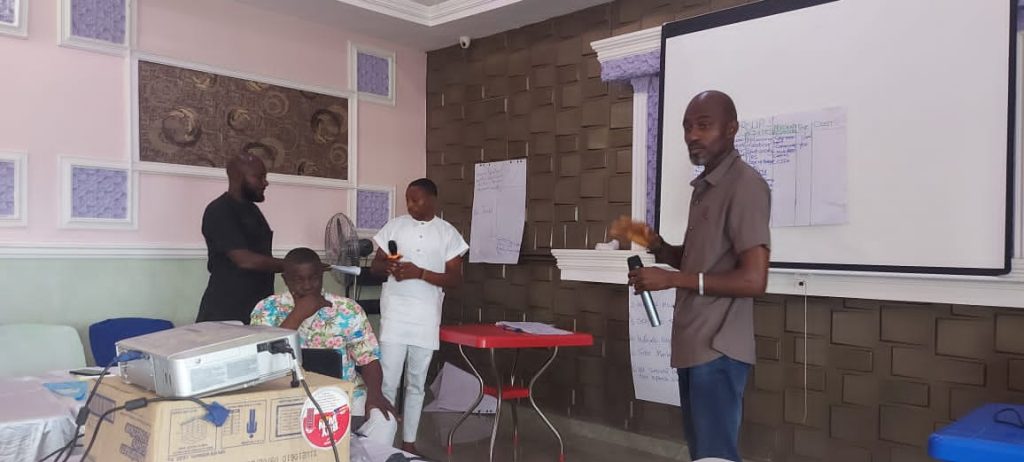
Kingsley Eworo of Budget Accountability and Transparency Network (BTAN)
Mr. Eworo said that the relationship between budget and taxation is very close, and that taxation is a key source of revenue for the government, which is then used to fund the budget.
According to him, one of the ways citizens can ensure tax for service and representation is by taking part in the budget cycle, adding that a budget comes from the commonwealth of the people.
He stated that participating in the four stages of the budget process would ensure that people’s interests were captured so that they would ultimately benefit from the taxes they pay.
“The past four years has been a huge deviation and decline from best practices. There is a dearth of citizens’ participation, absence of the Medium Term Expenditure Framework (MTEF) paper and even the budget processing has been skewed towards the left,” he said.
Call to Action
While calling for action, the National Coordinator for GREENCODE, Edem Edem, urged citizens to continue paying their taxes and also charged the government to provide social services as enshrined in the constitution.
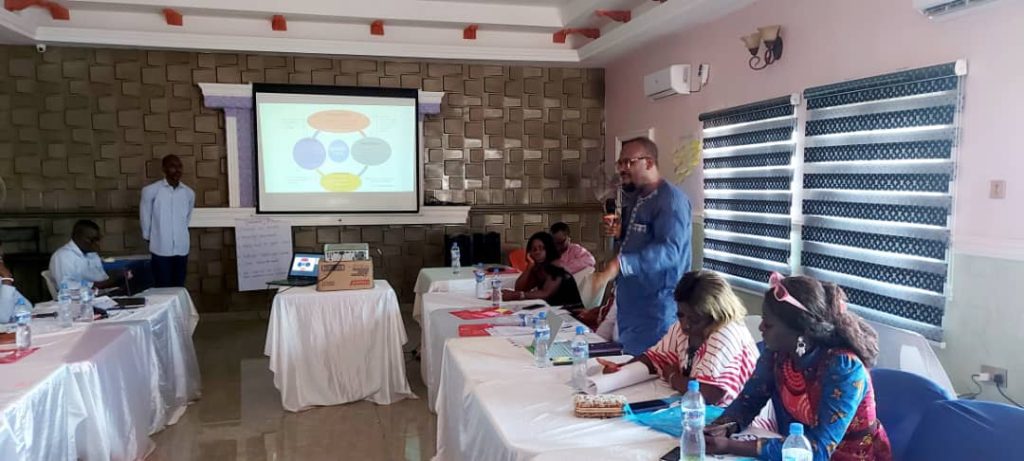
National Coordinator for GREENCODE, Edem Edem
“There is a role the government plays in the polity and there is a role citizens play as well. Government has the responsibility to provide services to the people while citizens on the other side have a right to demand accountability from the government. It is a demand and supply cycle,” Mr. Edem said in an interview with journalists.
“We need a collective effort from the media, civil society, trade unions, board of internal revenue service and the local government councils to solve the problem,” he said.
“The state and local governments must also find ways to harmonise the tax laws, taxes and levies that are in operation in the state.”
He urged the state’s 18 local government councils to hold a multi-stakeholder town hall meeting to discuss taxation, reach recommendations, and publicise the policies and strategies adopted to raise awareness.
Mr. Edem also advised the political elite to stop the unholy practice of using tax or revenue points as political settlements while calling for the creation of a tax rapid response team to respond to issues of multiple taxation, harassment of taxpayers amongst other pressing issues.
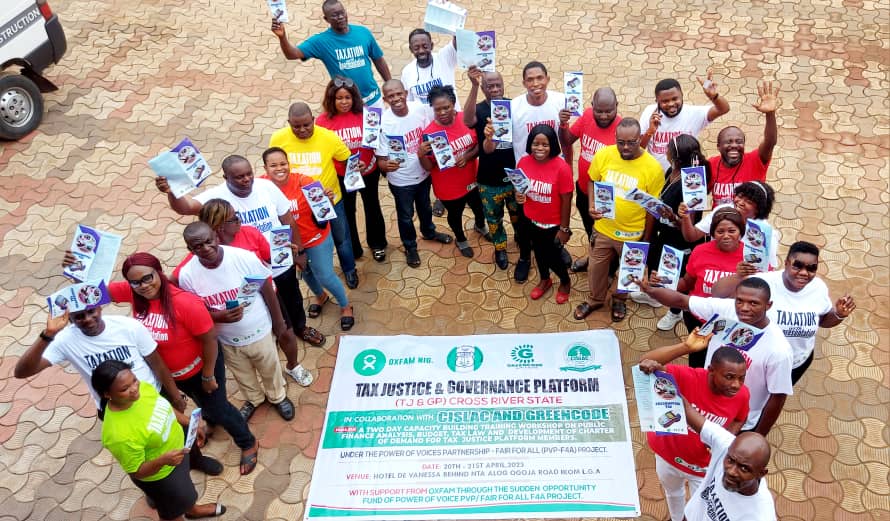
A cross section of participants at the workshop

